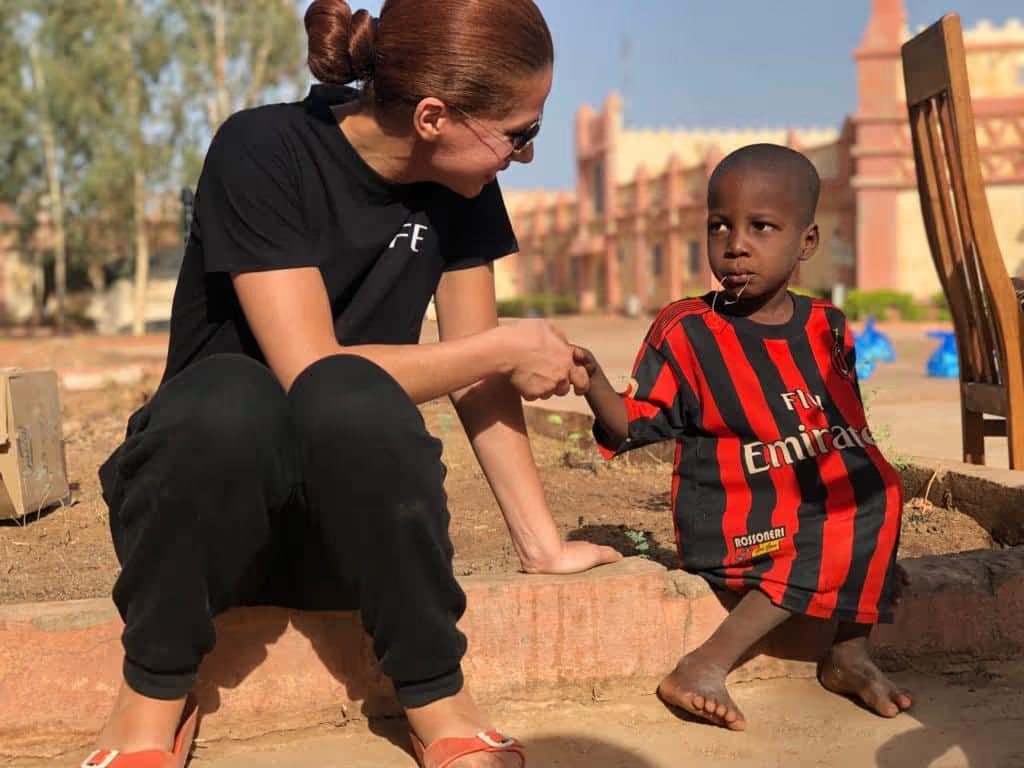Early school leaving in Africa: what solutions?

Education is a fundamental human right. According to UNICEF, on school days, more than one billion children in the world go to school. But not all children have this chance, especially on the African continent. Early school leaving is a major challenge that affects millions of young people in Africa. It jeopardizes their future and the development of an entire continent. Faced with this alarming reality, we must commit ourselves to fighting school dropout in order to provide quality education for all. What are the root causes of early school leaving in Africa and the devastating consequences? What are the solutions to reverse this worrying scourge?

The causes of early school leaving in Africa
La poverty is one of the main causes of early school leaving in Africa. Low-income families face significant financial challenges. Thus, providing for the basic needs of their children is difficult, if not impossible. In many cases, these families find themselves in a cycle of persistent poverty, where generations follow one another without being able to escape this precarious situation. Sending your child to school requires big sacrifices that not all parents can afford. They do not have the financial resources to offer their children what they need to study in the best conditions. In the most disadvantaged regions of the world, millions of children go to school empty-handed. And for good reason, the purchase of school supplies represents a significant cost. Because of the lack of equipment, they cannot therefore benefit from a quality education.
Africa holds a sad record, that of the number ofworking children. According to the International Labour Organization, nearly 41% of children on the continent are involved in economic activities. Indeed, children are often forced to work from an early age to contribute to family income. Millions also have to participate in household chores. For example, they go to fetch water every day, or they work in the fields. Some also find jobs to help provide for their families.
These financial barriers are also amplified by the lack of school infrastructure adequate. These include the non-existence of non-existent school canteens to ensure regular food and transport to facilitate access to school. In rural areas, for example, students have to travel miles to school every day, causing them to drop out of school.
The consequences of early school leaving in Africa
Early school leaving in Africa perpetuates a vicious cycle of poverty, with profound repercussions on society and the economy. Without adequate education, these young people face precarious and low-paid job prospects, keeping them in a cycle of persistent poverty.
This social exclusion also leads to a series of social problems. Young dropouts are more likely to feel marginalized, to experience discrimination, and to become potential targets of violence. They are also more likely to engage in risky activities, such as delinquency, drug abuse, or illegal trafficking. This exposes them to greater danger and keeps them in a vulnerable state. There are no less than 300,000 child soldiers around the world. The vast majority of them are found on the African continent such as in the Sahel.
In addition to the individual consequences, early school leaving has a significant impact on the socio-economic development of African countries. Indeed, a low school completion rate leads to a lack of qualified human capital, which is necessary for economic growth and innovation. Countries that fail to provide quality education to their people risk being left on the margins of the global economy and being disadvantaged in terms of competitiveness.
Solutions to reverse the trend

To break this cycle of early school leaving, it is essential to put in place measures to reduce the economic constraints on low-income families. For example, this may involve the provision of scholarships or financial aid to cover tuition fees and education-related expenses. Microfinance programs can also be put in place to allow parents to access additional financial resources and develop sustainable income-generating activities. Other initiatives exist.
So that every child can access quality education and build their future, we distribute school kits to students. They contain a binder, a pencil case, notebooks, notebooks, pens, markers, a ruler, an eraser etc... Enough to work for an entire school year!
We also set up canteens in schools to offer complete and balanced meals to each child. Now children come to school knowing that they will be able to satisfy their hunger. And, focus fully on their studies. For the majority of them, this meal is even the only meal of the day. The experience in Togo is a striking example of the positive impact of these school canteens. In just one year, the pass rate for the Certificate of Studies has jumped from 38% to 100%! In addition to these encouraging results, school canteens also contribute to local economic development by supporting local farmers and promoting employment in communities.
Encouraging access to school for all children increases their chances of getting out of poverty in the long term. It is the hope for them to see a better future.
What if you changed a child's life by offering them the chance to study at school?



.avif)





.avif)